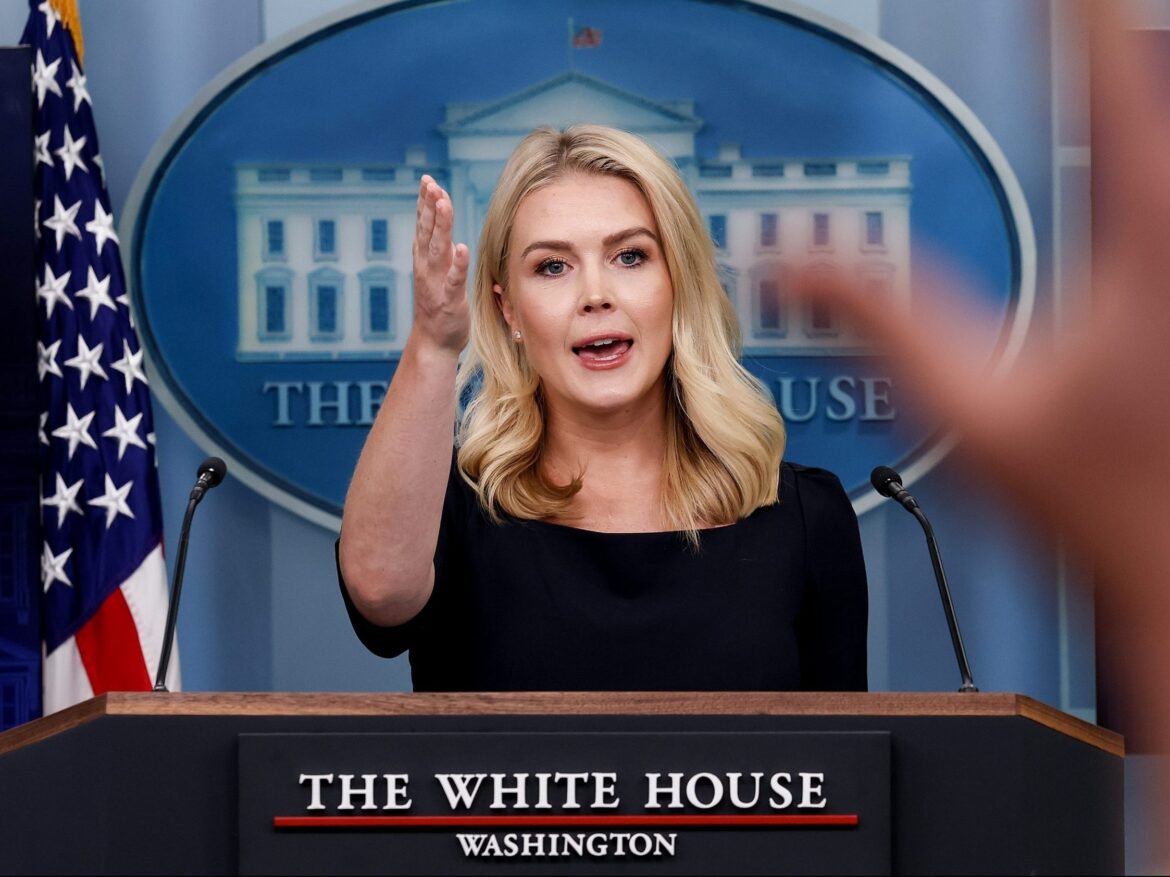In early 2025, former President Donald Trump reignited a controversial proposal advocating for Canada to become the 51st state of the United States. His remarks, framed amid rising economic tensions and disputes over tariffs, challenged the legitimacy of the U.S.-Canada border and emphasized economic grievances. While Trump underscored his personal affinity for Canada, he insisted the current bilateral relationship was unsustainable without structural changes. The proposal has sparked strong reactions from Canadian leaders, U.S. officials, and the public, with widespread consensus deeming the idea impractical and unlikely to progress within existing legal and political frameworks.
Trump’s Proposal and Economic Context
In a series of statements delivered in early 2025, former President Donald Trump reiterated his controversial suggestion that Canada should consider joining the United States as its 51st state. This call came amid escalating economic disputes between the two neighboring countries, particularly regarding tariffs on key industries such as lumber, agriculture, and energy. Trump criticized the current border arrangements, describing them as “outdated” and detrimental to U.S. economic interests. He argued that integrating Canada as a state would resolve long-standing trade imbalances and promote greater economic cooperation.
Reactions from Canadian Officials and Public
Canadian political leaders responded swiftly and firmly to Trump’s proposal. Prime Minister Justin Trudeau emphasized Canada’s sovereignty and democratic commitment, rejecting the notion of statehood as incompatible with the country’s values and political system. Other officials, including provincial premiers, highlighted the economic and cultural distinctions that make Canada fundamentally different from a U.S. state. Public opinion polls conducted shortly after the remarks showed that a substantial majority of Canadians opposed the idea, viewing it as a political stunt rather than a serious policy consideration.
Legal and Political Challenges
Experts in international law and constitutional affairs have noted significant legal and procedural barriers to any such union. The amendment or restructuring necessary for Canada to join the United States would require approval not only from U.S. Congress but also from Canadian constitutional bodies, including provincial legislatures. Additionally, such a move would likely face widespread opposition across both nations due to concerns about national identity, governance, and economic sovereignty. Analysts agree that while the proposal has generated media attention, it remains highly unlikely to gain traction in the foreseeable future.
Broader Implications for U.S.-Canada Relations
Trump’s renewed call occurred amid heightened diplomatic dialogues aimed at resolving tariff conflicts and reinforcing bilateral trade agreements, such as the United States-Mexico-Canada Agreement (USMCA). While his comments have introduced tension into these discussions, many policy experts advocate continuing cooperation within existing frameworks to address economic disputes. Both governments have reiterated their commitment to maintain open communication channels, focusing on mutual benefits and shared challenges rather than structural political changes.
Conclusion
The proposal for Canada to become a U.S. state, as advanced by former President Trump, has underscored existing economic strains but remains a largely symbolic gesture rather than a viable policy agenda. With robust opposition from Canadian leaders, legal complexities, and strong public resistance, the idea is widely regarded as impractical. The ongoing economic discussions between Canada and the United States are expected to prioritize negotiation and compromise over the drastic reimagining of their bilateral relationship.
In summary, former President Donald Trump’s suggestion that Canada become the 51st U.S. state has highlighted underlying economic tensions but is overwhelmingly seen as an impractical proposal. Strong opposition from Canadian officials, significant legal obstacles, and public disapproval contribute to its unlikely advancement. Moving forward, both Canada and the United States appear focused on maintaining and strengthening their existing diplomatic and trade relationships through negotiation and cooperation rather than pursuing dramatic changes to their political status.

